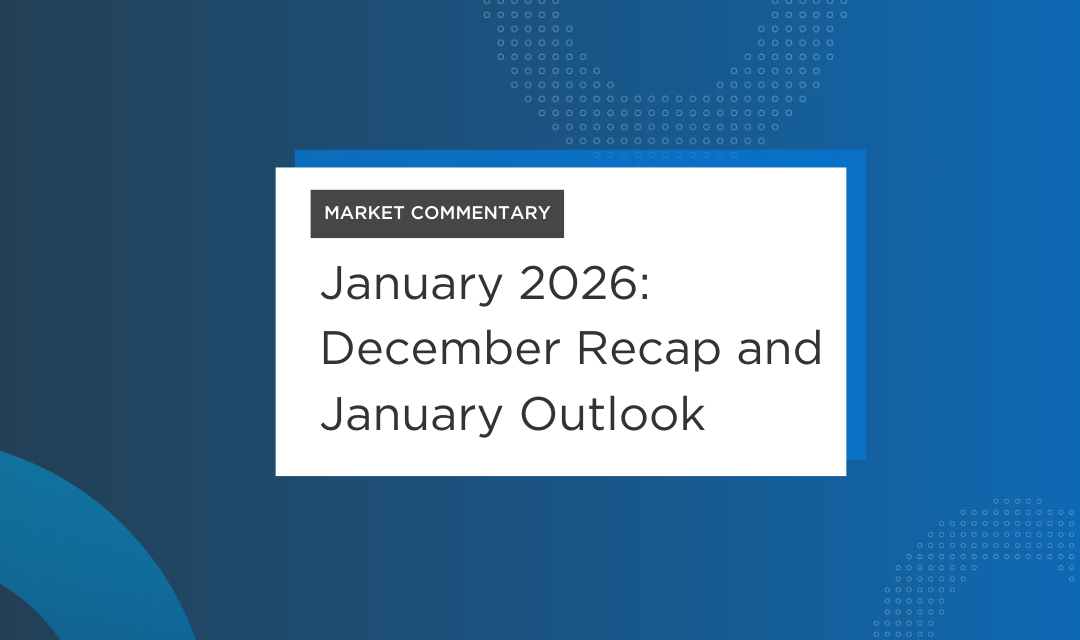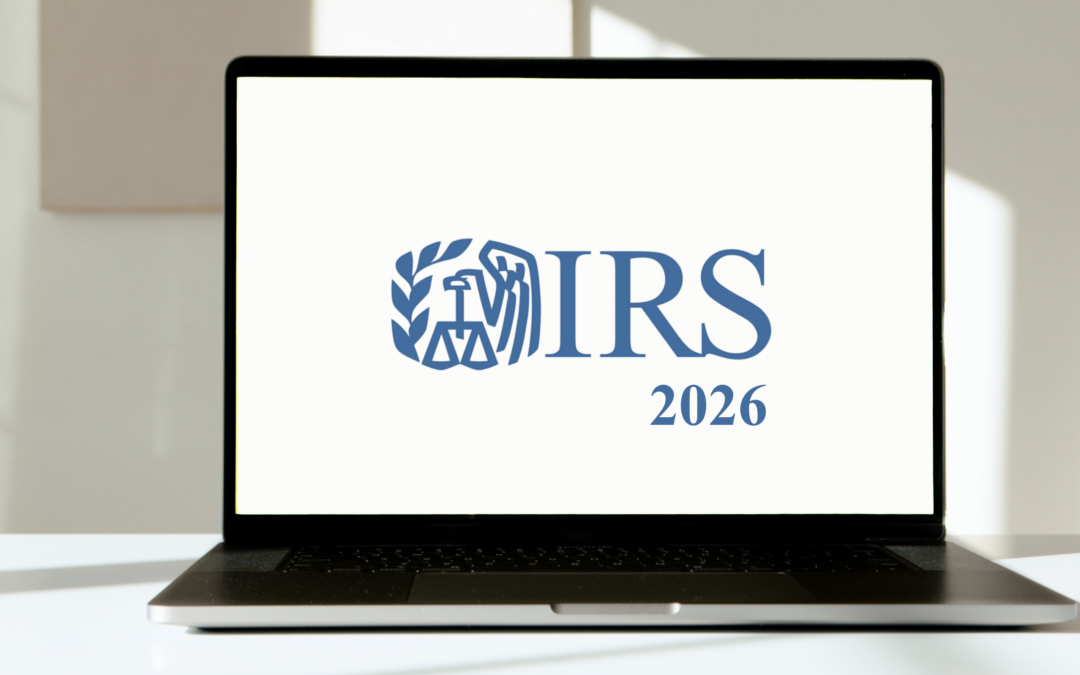Eighteen years ago, the Texas Legislature implemented what could arguably be described as the best system in the U.S. for regulating 403(b) plans in Texas public schools. In 2019, the Legislature dismantled that system.
The Legislature passed SB 273 in 2001. This landmark legislation was a reaction to what many in the Legislature and industry groups believed were abusive marketing practices by 403(b) companies, third party administrators and other organizations in local school district 403(b) plans.
In an effort to end what they perceived to be a “wild west” environment for 403(b) plans, the Legislature began imposing rules on 403(b) companies, the products they wished to sell, and the marketing practices they had in place.
They gave the responsibility to regulate companies and products to the Teacher Retirement System of Texas (TRS). TRS created an outstanding program to regulate 403(b) companies and products; part of that program included implementing what we believe to be the best website of any state to display the fees and other features of every 403(b) product allowed to be sold in Texas.
A number of bills and Attorney General rulings followed to clarify the authority of 403(b) vendors and local school districts. Most of these improved the laws and kept these up to date with changes in federal 403(b) laws and regulations. For more information please see TCG’s publication titled “History of Texas 403(b) Legislation” here.
While the system was not perfect, it did accomplish a great deal in controlling the fees that could be charged to Texas educators, and it provided an excellent source of education about 403(b) products. We believe TRS and the Legislature struck a good balance between over-regulation and the freedom for 403(b) companies, representatives, practitioners, third party administrators, and local school districts to offer quality 403(b) plans.
In 2017, TRS launched a major project to study the fees charges for 403(b) plans. The result was a proposal to cap the fees in these products more than any other state has done before. After intervention by 403(b) companies and industry groups, the TRS Board accepted changes in the fee caps that were agreeable to all parties.
Following the fee cap implementation, some industry groups lobbied to eliminate TRS’s regulation of the companies and products. Their argument was that these products were already regulated by other agencies, and TRS had failed to be a good enforcer of the 403(b) rules. They also argued there was nothing wrong with high-priced 403(b) products for a number of reasons.
Rep. Dan Flynn, a respected Legislator and acknowledged expert on Texas retirement systems and former chair of the House Pensions, Investments and Financial Services Committee, sponsored HB 2820. Senator Bryan Hughes filed a companion bill, SB 1977, in the Senate. Our company met with Rep. Flynn to see if there was any possibility of adding amendments to mitigate the impact of the bill on Texas school districts, and we testified at the House Pensions, Investments and Financial Services Committee hearing on the bill, warning of the possible unintended consequences for Texas public school districts and educators. Though we believe that Rep. Flynn had good intentions in sponsoring the bill, he and the Committee did not see the unintended consequences that would follow. However, it was apparent to us and our lobbyist that the powerful lobbying groups pushing the bill had successfully laid the ground work for the bill’s passage and no opposition would be successful.
The bill ended most restrictions on companies marketing 403(b) products in Texas as well as restrictions on product fees. It did, however, retain a limit of 10 years on surrender charges for insurance company products.
Most of us believe high fees in investment products are not good for educators, but the Legislature disagrees. Here is a quote from the Legislative Analysis of the bill regarding why higher fees in 403(b) products are not necessarily bad for educators:
“…current law requires the TRS Board of Trustees to set maximum fees for 403(b) products rather than allowing the market to determine these rates. Limiting fees may not only reduce product offerings, but also limits a company’s ability to offer services that provide valuable advice and educational tools that can assist teachers in making appropriate choices for their retirement income. Further, focusing only on fees ignores product performance and could deny teachers access to products that may have higher returns.”
While fees are not the only determinant of the value of a product, the overwhelming number of studies of investment products have shown that there is generally an inverse relationship between fees and performance: the higher the fees, the worse the performance. Competition cannot be trusted to control fees because the way fees and costs are “hidden” in prospectuses and other investment material generally makes it almost impossible for most 403(b) purchasers to know what they are paying.
The good news is the legislation did not end the restrictions on some of the past abusive marketing practices. Here is a list of practices in which a school district may not engage:
Texas Government Code Title 109, Art. 6228a-5. Sec. 9. (a):
An educational institution may not:
(1) except as provided by Subdivision (8) of this subsection and Subsection (b) of this section, refuse to enter into a salary reduction agreement with an employee if the qualified investment product that is the subject of the salary reduction is an eligible qualified investment and is registered with the system under Section 8A;
(2) require or coerce an employee’s attendance at any meeting at which qualified investment products are marketed;
(3) limit the ability of an employee to initiate, change, or terminate a qualified investment product at any time the employee chooses;
(4) grant exclusive access to an employee by discriminating against or imposing barriers to any agent, broker, or company that provides qualified investment products under this Act;
(5) grant exclusive access to information about an employee’s financial information, including information about an employee’s qualified investment products, to a company or agent or affiliate of a company offering qualified investment products unless the employee consents in writing to the access;
(6) accept any benefit from a company or from an agent or affiliate of a company that offers qualified investment products;
(7) use public funds to recommend a qualified investment product offered by a company or an agent or affiliate of a company that offers a qualified investment product; or
(8) enter into or continue a salary reduction agreement with an employee if the qualified investment product that is the subject of the salary reduction agreement is not an eligible qualified investment, including the investment product of a company whose certification has been denied, suspended, or revoked without first providing the employee with notice in writing that:
(A) indicates the reason the subject of the salary reduction agreement is no longer an eligible qualified investment or why certification has been denied, suspended, or revoked; and
(B) clearly states that by signing the notice the employee is agreeing to enter into or continue the salary reduction agreement.
This section goes on to say a local school district may restrict 403(b) companies if the district imposes administrative rules solely for the purpose of assuring the district is able to comply with federal 403(b) rules and/or Texas laws.
What happens on September 1, 2019 when HB 2820 takes effect?
There will no longer be any “TRS-approved list” of companies that can offer 403(b) products in Texas. There will no longer be vetting of these companies by TRS. In one incident, the Texas State Securities Board (TSSB) found that a vendor was offering a 403(b)(7) custodial account to higher education institutions and was not legally registered to do so. The TSSB issued a cease and desist order. This could never have happened in Texas public schools before because TRS would vet all the vendors. How is a local school district going to be able to discern which vendors meet federal and state insurance and securities laws now that there is no longer a TRS-approved list?
The “wild west” environment of 403(b) companies and products has returned to Texas. Districts will need to consider the following issues moving forward:
- The new law still has requirements that a company selling 403(b) products must meet in order to offer products to your employees. How will you be sure that companies on your vendor list meet these requirements?
- Anyone can claim they represent a 403(b) company. How will you be sure they are actually licensed with the company and have had proper background checks performed if they come on your campus? (Note: This problem already exists and is not directly affected by HB 2820)
- Will your district be liable if a rogue company or representative sells 403(b) products that turn out to be a fraudulent?
- The law left a penalty for violation of the 403(b) rules that can be imposed on a district official that violates these rules. Section 10A. (a) of the statute states:
“A person who violates this Act is subject to a civil penalty in an amount that does not exceed:
(1) $10,000 for a single violation; or
(2) $1,000,000 for multiple violations.”
The law goes on to describe mitigating circumstances for these penalties but also allows the Texas attorney general to seek civil penalties and “recover reasonable expenses incurred in obtaining injunctive relief under this section, including court costs, reasonable attorney’s fees, investigative costs, witness fees, and deposition expenses” from violators.
How will you be sure you or your district do not become subject to such penalties?
As a third-party administrator to many Texas school districts, our role is to provide compliance for Federal tax rules, to ensure timely and proper remittance of funds to the district’s 403(b) vendor list, and to assist employees with distributions. We have had the pleasure of working with many respected and responsible vendors and financial representatives, but those are not the entities and individuals elevating our concerns. We do believe a district can still provide a quality retirement plan platform, but it is just going to require more diligence.
To learn more about how TCG can help, fill out the form below.
[formidable id=”53″]



